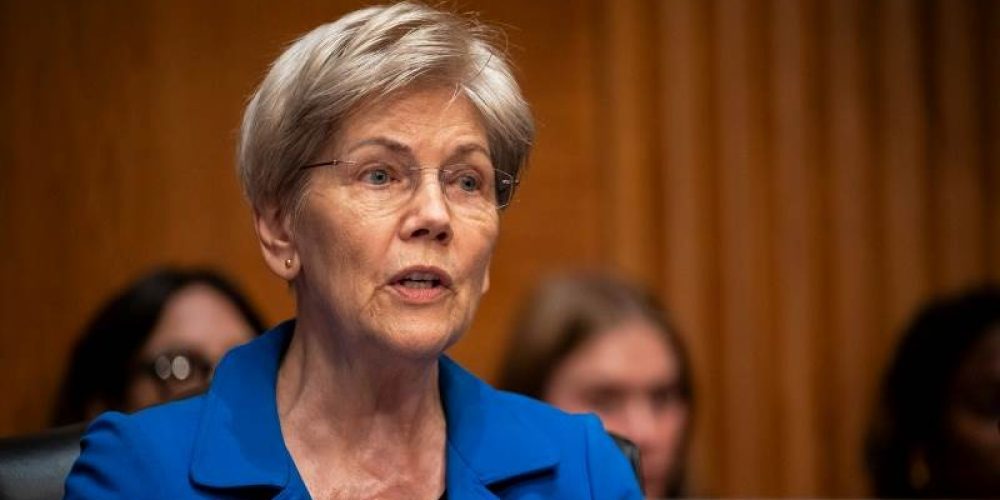Washington, D.C. — Democratic Senator Elizabeth Warren is demanding that the Trump administration release the September jobs report as scheduled, arguing that withholding key economic data during the government shutdown could distort financial markets and hinder the Federal Reserve’s decision-making.
The Bureau of Labor Statistics (BLS), which compiles and publishes the report each month, has halted operations due to the shutdown. Yet, Warren says the data has already been collected and processed — and could be published immediately if the White House chooses.
“Let’s be clear: the jobs data scheduled to come out this Friday has undoubtedly been collected and the President must release it,” Warren said in a statement to CNN. “Without it, the Federal Reserve will not have the full picture it needs to make decisions this month about interest rates that will impact every family across the country.”
Economic Stakes And Federal Reserve Uncertainty
The September employment report is one of the most closely watched indicators of U.S. economic health, covering job creation, unemployment, and wage trends.
Its absence could leave investors, businesses, and policymakers navigating blind spots at a critical moment. The Federal Reserve is scheduled to meet on October 28–29, where it will review whether to adjust interest rates amid persistent inflation and signs of a cooling labor market.
Several former BLS officials told Warren’s office that the report is ready for publication. According to the senator’s staff, the data has already undergone standard collection and verification, meaning the only barrier to release is administrative approval from the Office of Management and Budget (OMB).
Shutdown Freezes Key Economic Data
Under the Labor Department’s contingency plan, the BLS must suspend major data releases during a shutdown, including the monthly jobs and inflation reports. If the funding impasse continues, upcoming Consumer Price Index (CPI) and Producer Price Index (PPI) reports due in mid-October could also be delayed.
In addition, the Bureau of Economic Analysis (BEA) — part of the Commerce Department — said Wednesday it will also suspend operations, preventing publication of critical reports such as trade data (scheduled for October 7) and potentially gross domestic product (GDP) figures expected later in the month.
Such disruptions could complicate the Fed’s ability to gauge inflation trends and labor strength accurately, forcing reliance on private-sector estimates and alternative datasets.
A report by ADP, released Wednesday, already hinted at labor weakness — showing an unexpected drop in private-sector payrolls for September.
Warren Pressures White House, Cites Former Trump Official
In a formal letter sent Tuesday to William Wiatrowski, acting BLS commissioner, and Russ Vought, Trump’s budget director, Warren urged that the jobs report be released on time.
She cited comments by William Beach, the BLS commissioner during Trump’s first term, who confirmed that “the September data from the BLS surveys of businesses and households has been collected and processed.”
“The jobs report is likely written in final draft and could be released on Friday, should the agency reopen,” Beach wrote in a post published by the Fiscal Lab research center on Capitol Hill.
Warren, the top Democrat on the Senate Banking Committee, argued that delaying the release serves no practical purpose and risks damaging investor confidence.
White House Blames Democrats For The Shutdown
The White House dismissed Warren’s accusations, instead blaming Democrats for prolonging the government shutdown.
“Businesses, families, policymakers, and markets rely on timely and accurate public data for their decision-making,” said White House spokesman Kush Desai. “It’s unfortunate that Democrats are gleefully throwing a wrench in our economy by shutting down the government to push freebies for illegal immigrants.”
The standoff has left economists concerned that continued data blackouts could deepen volatility in markets already uneasy over tariffs, interest-rate policy, and election-year politics.
With pressure building from both Congress and Wall Street, the administration now faces a difficult choice: hold firm during the shutdown or release the jobs report to reassure investors and central bankers alike.










